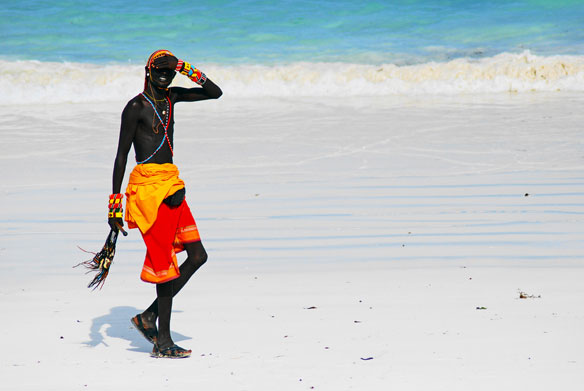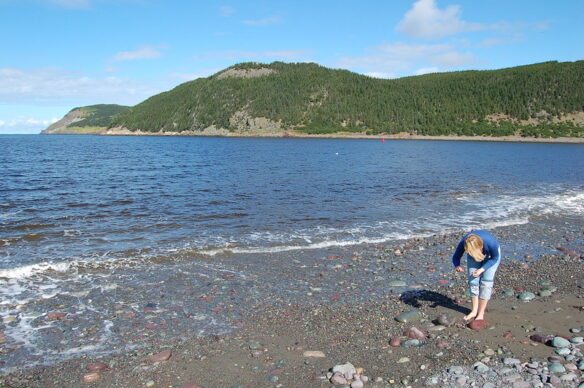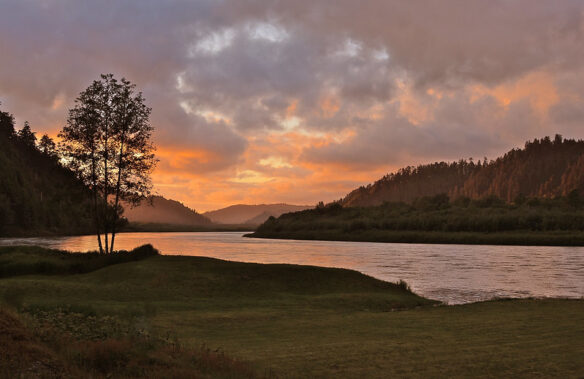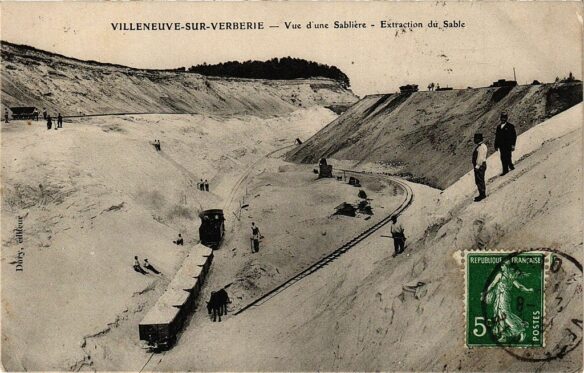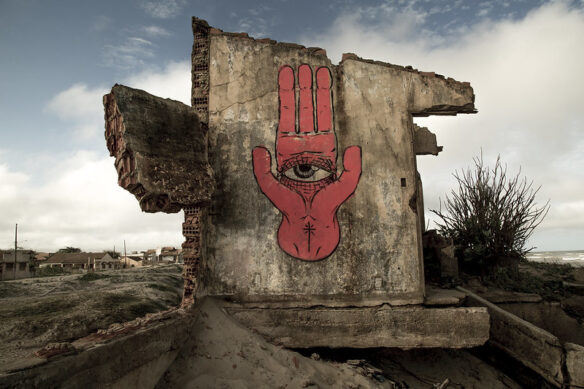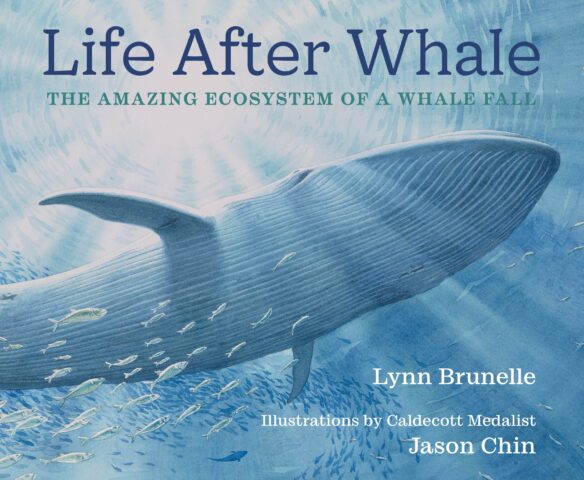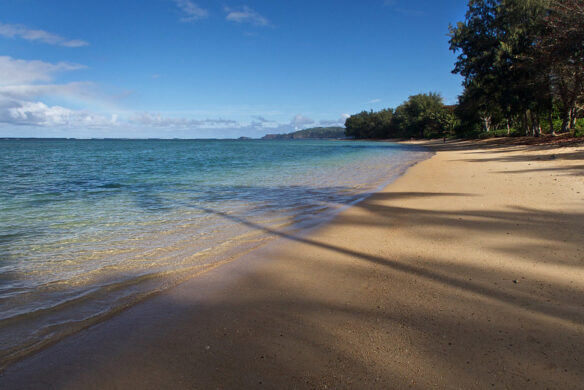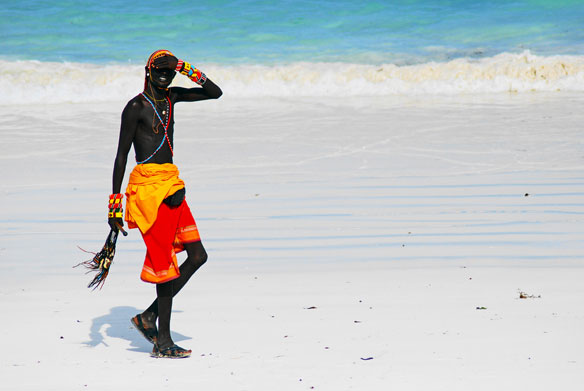
Recently, Oxfam has claimed that the lifestyle of the Maasai, pastoral communities in Tanzania and Kenya, should be embraced as a response to climate change because of their ability to farm in deserts and scrublands. Captions: BBC News. Photo source: ©© Kekko 72.
Excerpts;
From January 2013, Tanzania will start restricting the size of land that single large-scale foreign and local investors can “lease” for agricultural use. The decision follows both local and international criticism that major investors are grabbing large chunks of land…
Read Full Article, Guardian UK
UN Adopts Historic Land Grab Guidelines
Over the past few years, companies and foreign governments have been leasing large areas of land for farming and exploitation, in some of Africa’s poorest countries. All evidence points to a phenomenon of unprecedented scale, raising serious questions about the terms of the contracts that governments are signing up to…
Analysis: Land grab or development opportunity?, BBC News
“Land grabs” are now one of the biggest issues in Africa. Over the past few years, companies and foreign governments have been leasing large areas of land in some of Africa’s poorest countries.
Maasai can fight climate change, BBC News
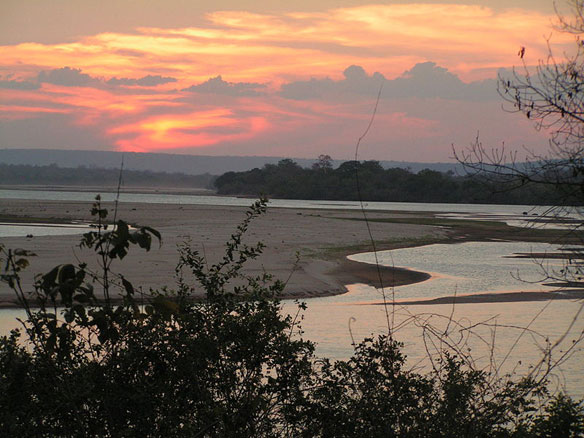
The Rufiji River lies entirely within the African nation of Tanzania. The river is formed by the convergence of the Kilombero and Luwegu rivers. It is approximately 600 km (375 mi) long, with its source in southwestern Tanzania and its mouth on the Indian Ocean. The Rufiji Basin covers an area of 183,791 square kilometres (about 20% of Tanzania). Captions: Wikipedia. Photo source: ©© Panii

